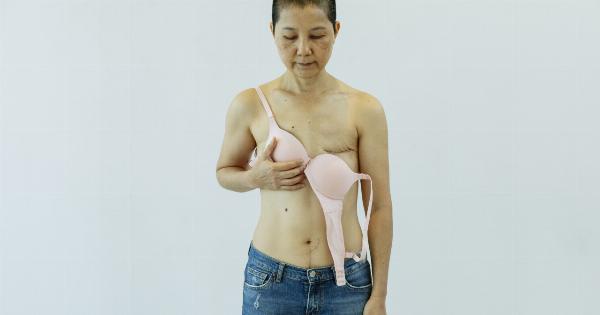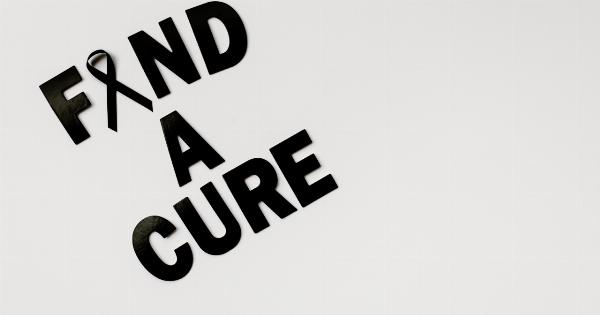Breast cancer is a major concern for women all over the world. It is a second leading cause of mortality amongst women worldwide, after lung cancer.
Research over the last several years has shown that diet plays a pivotal role in the development of breast cancer. In particular, the amount of fat consumed by adolescents has been found to have a significant impact on breast cancer risk later in life. Below, we will examine how Fat Consumption in Adolescence leads to Breast Cancer in Adulthood.
What is Breast Cancer?
Breast cancer is a disease that develops from the breast tissue, which is located over the chest muscles. Breast cancer cells can spread to other parts of the body through the bloodstream or lymph system. Early diagnosis and treatment can increase survival rates. Breast cancer can affect both men and women, although it is much more prevalent in women.
What Causes Breast Cancer?
The exact cause of breast cancer is not yet known. However, several risk factors have been identified, and it is likely that a combination of factors contributes to the development of the disease. Some of the known risk factors include:.
- Age – the risk of breast cancer increases with age
- Gender – women are more likely than men to develop breast cancer
- Genetics – mutations in certain genes, such as BRCA1 and BRCA2, increase the risk of breast cancer
- Family history – having a first-degree relative (parent, sibling, or child) with breast cancer increases the risk of developing the disease
- Personal history – women who have had breast cancer in one breast are at an increased risk of developing the disease in the other breast
- Hormonal factors – increased exposure to estrogen (a female hormone) can increase the risk of breast cancer
- Lifestyle factors – certain lifestyle factors, such as smoking, alcohol consumption, and lack of physical activity, can contribute to the development of breast cancer
- Diet – certain dietary factors, such as high fat consumption, have been found to increase the risk of breast cancer
How Does Fat Consumption in Adolescence Contribute to Breast Cancer in Adulthood?
Research has shown that the amount of fat consumed by adolescents has a significant impact on breast cancer risk later in life.
Several studies have found that individuals who consume a high-fat diet during adolescence have an increased risk of developing breast cancer compared to those who consume a low-fat diet. Adolescence is a period of intense growth and development, and the body requires a lot of energy to support this process. However, a high-fat diet provides more energy than the body needs, and the excess fat is stored in the body’s adipose tissue.
This excess fat can contribute to the development of breast cancer later in life in several ways.
Hormonal Factors
Adipose tissue produces estrogen, a female hormone that can stimulate the growth of breast cells. Therefore, individuals with a high amount of adipose tissue have higher levels of estrogen in their bodies, which increases the risk of breast cancer.
Additionally, high levels of estrogen can contribute to the growth of estrogen-receptor-positive breast cancer, which accounts for about 80% of all breast cancers.
Inflammation
Excess adipose tissue can also contribute to the development of breast cancer through inflammation. Adipose tissue produces pro-inflammatory cytokines, which can promote inflammation in the body.
Chronic inflammation is a known risk factor for several types of cancer, including breast cancer.
Insulin Resistance
Consuming a high-fat diet can also lead to insulin resistance, a condition in which the body’s cells become less responsive to insulin. Insulin is a hormone that regulates blood sugar levels in the body.
When cells become insulin resistant, the body produces more insulin to compensate. High levels of insulin can promote the growth of breast cells, which can increase the risk of breast cancer.
Conclusion
In conclusion, consuming a high-fat diet during adolescence can increase the risk of breast cancer later in life.
This is because excess adipose tissue can contribute to the development of breast cancer through hormonal factors, inflammation, and insulin resistance. Therefore, it is important to encourage adolescents to consume a healthy, low-fat diet to reduce their risk of breast cancer in adulthood.










